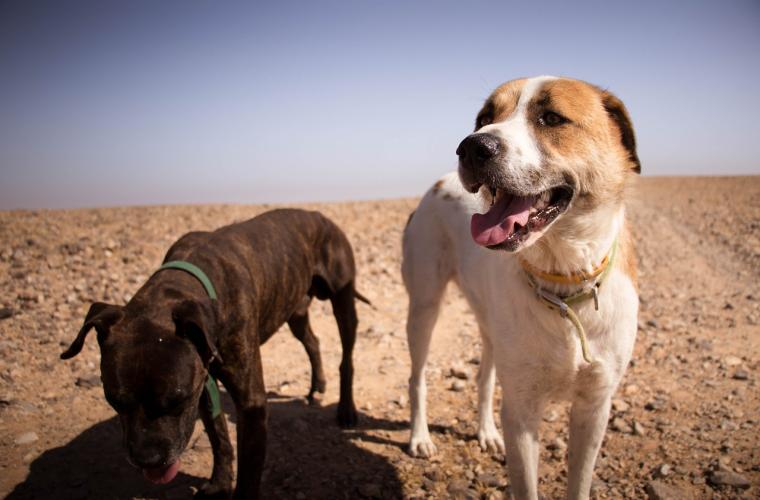"Buying pets from licensed sellers ensures the animals meet certain regulations and will have come from safe conditions. It also means that the seller can be traced if any issues arise after purchase."

People looking to buy a puppy for a loved one this Christmas should check to make sure they are not buying from an illegal seller as the number of pet sales skyrocketed during the pandemic, councils warn.
Latest figures show a total of 3.2 million households have acquired a pet since the start of the pandemic. With Christmas a typically popular time for people to buy pets, the LGA says people should be cautious of who they are buying from, particularly when agreeing a sale through online marketplaces.
If you are looking to add a puppy to the family this Christmas, some signs the breeder is responsible include but are not limited to:
- they can provide a Local Authority licence if they’re breeding and selling as a business
- they will have genuine paperwork/certificates for vaccinations, microchipping and any test results
- they will be available on the phone for a detailed conversation about the dog
- a visit can be arranged to meet the puppies, along with their mum and siblings
- they will accommodate more than one meeting to ensure both you and the puppy are comfortable.
While there are many reputable sellers, the profits available when there is high demand for pets, particularly dogs, continues to attract irresponsible and criminal sellers who treat animals poorly.
Council regulatory services teams work extremely hard to try to prevent sales by illegal and irresponsible sellers, but these teams can often face difficulties with capacity, exacerbated when there is a surge in demand for pets. Local environmental health teams are responsible for inspecting the local takeaway, investigating noise nuisance and monitoring air quality, as well as licensing animal breeders, highlighting the pressure of competing demands and the need for more resources.
The LGA, which represents councils in England and Wales, says that the Government’s Animal Welfare (Kept Animals) Bill – currently making its way through Parliament - should take into account the lack of dedicated and specialist council staff to undertake a range of animal welfare work.
The need for support and resources to recruit and train new professionals, as well as for the Government to ensure that councils have sufficient long-term funding to properly utilise these staff, is crucial.
Cllr Nesil Caliskan, Chair of the LGA’s Safer and Stronger Communities Board, said:
“Pet sales have risen significantly during the COVID-19 pandemic and we expect increased demand in dogs this Christmas as we see most years.
“If you are looking online on the likes of Facebook for pets this year, do your research and take time to ensure that you are purchasing a pet from a responsible breeder who is, for example, happy for you to see the puppy with its mum and has the correct licence to trade.
“Buying pets from licensed sellers ensures the animals meet certain regulations and will have come from safe conditions. It also means that the seller can be traced if any issues arise after purchase.
“As demand rises, the number of people looking to profit does too, and councils need increased, specialist resources in this area to ensure illegal traders get caught before any animals are harmed.
Case studies
Cornwall Council’s licensing team discovered a pair of illegal dog breeders who were fined, having to pay £7,854 in total, and banned from keeping dogs for two years.
Newham Council Animal Welfare Officers investigated a man illegally importing and selling puppies. The man was sentenced to 120 hours of unpaid work, made to pay £1,000 and is banned from keeping dogs for five years.
Cherwell District Council is warning of the need for dog sellers to have a license, after only one application from a dog breeder was received during the pandemic, despite the national rise in dog ownership.
East Suffolk Council’s Environmental Protection team recently exercised two warrants in connection with unlicensed, and therefore illegal, dog breeding and/or sales of puppies, and is warning everyone to be vigilant if shopping.
Notes to editors
The Animal Welfare (Kept Animals) Bill has recently had its second reading and the LGA’s briefing/response can be found online
Pet Food Manufacturers’ Association latest pet population data
The RSPCA has guidance on finding a good puppy breeder
Government guidance on selling animals as pets
A licence is required if a business sells animals as pets, or which will later be resold as pets, and a dog breeding licence is required for a business that breeds and advertises dogs for sale, or it breeds three or more litters in a year and sell any of the puppies.
